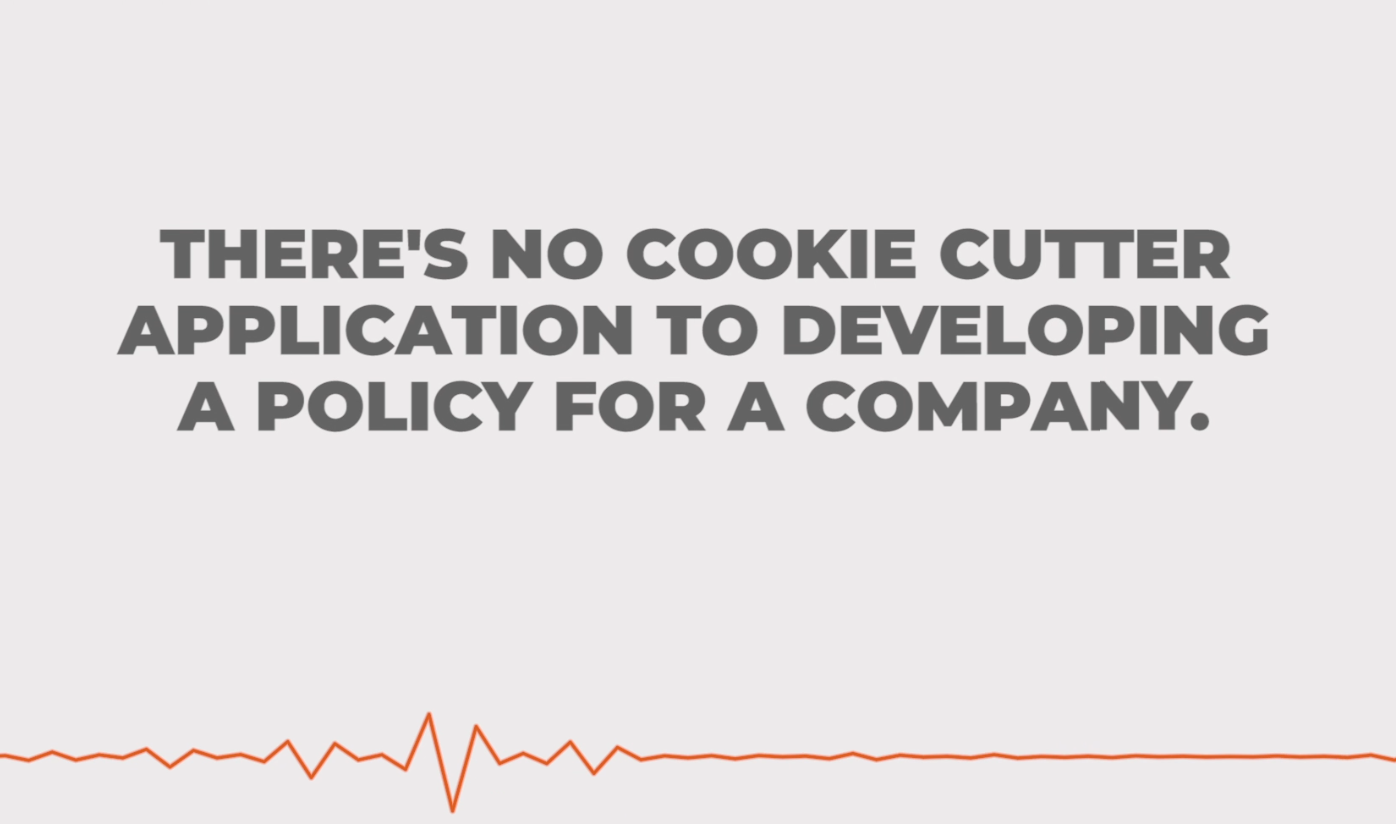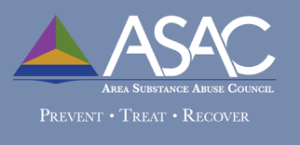
This episode of Workplace Matters is a companion to our earlier episode “Marijuana and the Workplace: Introduction”. In this episode we look at what factors should be considered when revising or creating marijuana policies for a business. How should policies reflect or not reflect the changing litigation around marijuana, and what factors should be taken into account when making those decisions?
Host: Michael Guhin
Guests: Jeffery Meyers, Allison Wright, and Matthew Pappas
Note: These interviews were recorded before December 4th, 2019 when the Illinois Recreational Marijuana Law was amended clarifying that employers may conduct pre-employment tests for marijuana use and may impose disciplinary action against employees for failing.
Michael: You’re listening to workplace matters. In a previous episode, we covered basic information about marijuana and looked at what marijuana does to the body as well as the legal status of THC and CBD products. Today’s episode will focus on crafting marijuana policies. Marijuana can potentially affect the safety of the user and the safety of others around them. According to Pew Research, over 2/3rds of Americans support its legal status and that has led to many employers changing their polices on drug use. Safety concerns must be at the forefront.
Michael: While there are several components that should be included in any substance use policy, each policy must be tailored to the specific workplace it was created for. A substance use policy for a factory cannot be the same as one for an office.
Matt: There’s no cookie cutter application to developing a policy for a company.
Michael: Matthew Pappas of the Pappas O’Connor Law Firm explains.
 Matt: What we do is as a law firm, we go in with a client, we try to understand their business. We have to make individual decisions. A lot of companies will just say, “hey, we got this off the Internet. This is the best policy since sliced bread.” And they’ll just use it. There’s a lot of people that will go in and sit there and say, well, we don’t- we want to adopt a policy, but we don’t want to do any training. We can’t do that. We have to as advisors assist them in the development of a policy and a procedure that works for their business and works within the confines of the federal and state law.
Matt: What we do is as a law firm, we go in with a client, we try to understand their business. We have to make individual decisions. A lot of companies will just say, “hey, we got this off the Internet. This is the best policy since sliced bread.” And they’ll just use it. There’s a lot of people that will go in and sit there and say, well, we don’t- we want to adopt a policy, but we don’t want to do any training. We can’t do that. We have to as advisors assist them in the development of a policy and a procedure that works for their business and works within the confines of the federal and state law.
Michael: There are specific jobs deemed “Safety Sensitive” by OSHA that prohibit marijuana use. These are positions where an impaired employee would be a safety concern for that person or those around them.
Matt: If you have a CDL, you’re driving a car. You’re working within a nuclear regulatory plant. Those types of things are going to be safety sensitive and those things are going to be controlled by federal law where no matter what state law may say or may not say, are going to be able and have to be drug tested and not necessarily because of their own safety, but the others around them. And that’s one of the things that a lot of people kind of think, well, hey, I can do what I want. It doesn’t affect me. It doesn’t affect you. Well, how many of you have been able to sit there and go and have to go and report an injury to a coworker because somebody has been under the influence? That’s the dramatic point. Federal law requires that certain safety sensitive positions are subject to testing in the workplace.
 Michael: Jeffery Meyers from the Area Substance Abuse Council in Cedar Rapids, Iowa further explains why employer should be concerned about marijuana use disorders impacting the person’s health and the job
Michael: Jeffery Meyers from the Area Substance Abuse Council in Cedar Rapids, Iowa further explains why employer should be concerned about marijuana use disorders impacting the person’s health and the job
Jeffery: Of course, you’re going to care if they’re using it on the job because that’s going to have impairment related issues. So sometimes the question becomes, well, what if they’re using them outside of work? And our response would be, yeah, you should probably still care because there is a real risk of dependency. And even if that individual is using outside of work the symptoms of dependency can carry over into their work life. So that would be frequent absences. That would be trouble with cognition where you have a long term and short term memory impairment. We know with young adults, adolescents, there’s an IQ reduction.
Michael: Policies will need to consider substance use treatment coverage and drug screening. For a business that is concerned about marijuana use, pre-employment testing, random testing, and reasonable suspicion training are all valuable tools in mitigating the hazards of recreational marijuana use.
Jeffery: You want to have verbiage that covers all substances that you are concerned about as a workplace. So typically it’s going to be illegal drugs. It could also be some of the synthetic drugs out there. And then also you want to make sure this is properly conveyed to your employees so they know what you’re testing for. You want to have definitions as far as what levels are going to be considered positive. You’re going to want to have a policy that outweighs what are the steps. In other words, especially for reasonable suspicion, if we identify someone as possibly having an impairment related issue, what do we do? Right. There needs to be a very clear cut procedure in place for that. And a lot of times it boils down to making sure you have your staff trained and reasonable suspicion. You have a second person that also observes possible signs of impairment. Get human resources involved. You have a private conversation and then you do a test within a reasonable window, usually within a few hours. And then, of course, that comes back positive you want to do a second confirmatory test.
Michael: But testing is also imperfect, with test results varying greatly between different approaches.
Jeffery: If it’s legalized, generally speaking, you can do it for, you know, post-accident, reasonable suspicion, you’re going to have to have a defined level of THC. Because the problem there is if you have post-accident and someone tests positive for marijuana and you do like a urine analysis, you do a hair sample. That doesn’t mean much because that could have been in their system for 30 days, even in the case of a hair sample quite a bit past that. So you’re gonna want to look at other alternative methods of testing. Saliva is a possibility. Blood’s a possibility, but really the technology isn’t where it’s at with alcohol where you could say “yes not only is in their system, but it’s in their system to an extent that we would expect it to cause impairment”.
Jeffery: Let’s say you have an employee that does test positive for whatever. What are you gonna do at that point? Some places, you know, they’ll go for a termination. In Iowa if it’s alcohol related. You do need to offer like a rehabilitation program, treatment services. You don’t necessarily need to do that with other substances. But you might want to, especially with marijuana becoming popular among the young adults, older adults. So especially some workforce’s that’s struggle getting people in the door. They might want to look at other options besides immediate termination and look at what can we do to help this employee.
Michael: All policies should address productivity and safety, and include substance treatment options in benefit plans. As marijuana legalization expands, more workers may be looking for employers with a higher tolerance for recreational marijuana use. Illinois’ recent legalization of recreational marijuana has led to employers needing to review and potentially revise substance use policies. Not all employers are responding in the same way.
Allison: You have extremely conservative kind of resistance. All the way down to some corporations of employers are actually advertising at the outset with jobs that they don’t test for marijuana use.
Matt: We have a lot of employers that have come in from a recruiting standpoint and said that look at because we’re doing a five panel test or seven panel tests or whatever the test we’re doing, we’re not getting applicants because they’re afraid that they’re going to fail the drug test and they’re asking to have the policies amended so that they do not test for marijuana. It’s business as usual with some modifications. Modifications with random, with policy development, and modifications potentially with recruitment.
Michael: A tolerance for recreational marijuana does not mean that employees can be impaired on the job. It means that employees are allowed to do what they want on their own time as long as it is not affect their performance at work. There are potential downsides with possible drops in productivity and the risk of dependency like with alcohol.
Michael: Policies can still include reasonable suspicion training; however changes in productivity are not always the result of drug use. Managers must be objective in their observations and actions.
Allison: If you have an employee who’s coming to work late, you have an employee who’s not remembering to get things done, who is failing to meet productivity or workplace standards. We tell them to focus on the conduct. It’s a phrase we use all the time in our office. Focus on the conduct. Doesn’t matter whether or not they would pass or fail a drug test when we’re not talking about an accident or an incident? Separate the marijuana use from the conduct at work. What is deficient about their performance at work? They’re not getting things done. Just focus on that.
Allison: I know or suspect this person uses marijuana. And I suspect that it has something to do with the fact that he didn’t meet his sales quota this morning or manufacturing quota this morning. But you don’t know that, so we tell them to focus on the conduct. And we tried to coach to make sure. Yes, you’re aware what the symptoms are. And yes, there are certain situations where it’s appropriate to focus on that. But don’t forget, as a supervisor, you’re managing employees, you’re managing conduct, your managing deficiencies if they come up.
Michael: In any drug policy there must be training, communication, and clear procedures for drug-related incidents. As Allison said, managers need to evaluate objectively based on the employee’s performance at work, and not other information. Policies must be tailored to each business and make sure that safety sensitive positions remain drug free and that workers remain productive.
Matt: You want people to be able to be productive. And that’s really the hard part is really just trying to basically force the issue of look at we’re not trying to regulate what you do on your own time . As I said before, and I think Ali would agree with me, we really don’t care what you do on your own time. That’s not for us. But when you step into work and you’re being paid for a job and you’re asked to be productive and you’re asked to do things that are not endangering other people, then you really should just make sure that that policy has the wherewithal to stand up to those incidents and allows you to take action. And again, it’s really performance-based.
Michael: Workplace Matters is supported by the National Institute for Occupational Safety and Health. To listen to more podcasts, view our ongoing video series, or for more information about us, visit Healthier workforce center (dot) org.
The Workplace Matters podcasts are located here.
